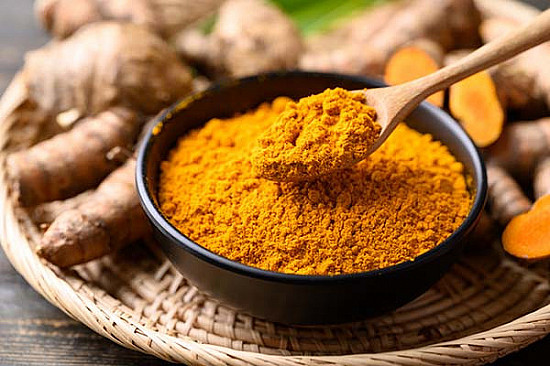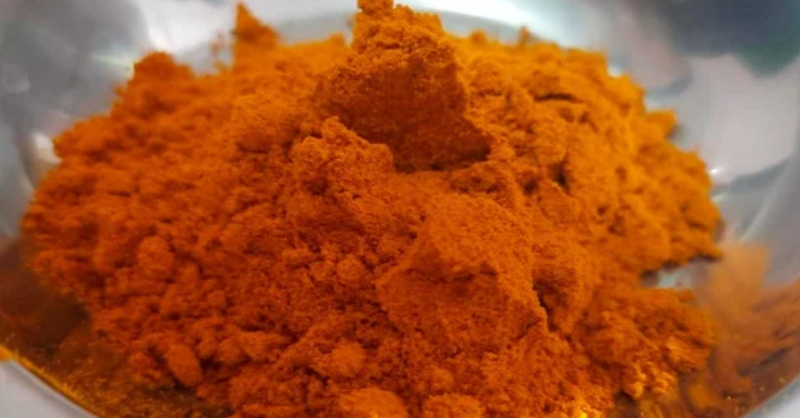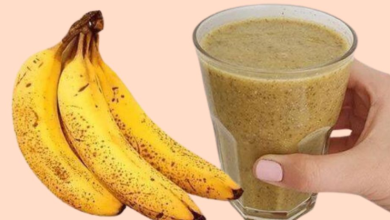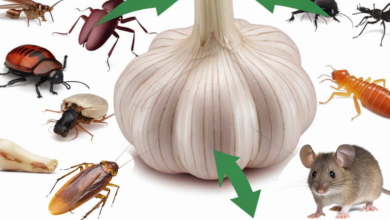Turmeric, often called the “golden spice,” has been a cornerstone of traditional medicine for centuries. Its active compound, curcumin, is celebrated for its remarkable anti-inflammatory, antioxidant, and antibacterial properties. Below, we explore the incredible benefits of turmeric, its medicinal uses, and the potential side effects to be aware of.
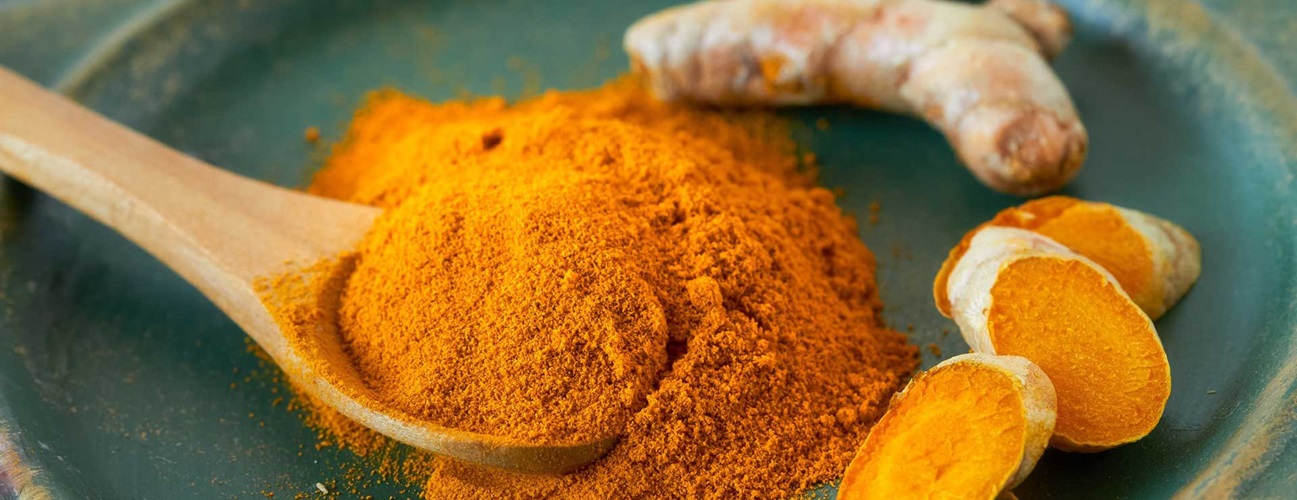
The Benefits of Turmeric
- Reduces Inflammation
Turmeric is effective in managing chronic inflammation, which is associated with conditions like arthritis, heart disease, and cancer. - Boosts Immunity
Curcumin enhances the immune system’s ability to combat infections. - Supports Digestion
Turmeric aids in digestion and alleviates gastrointestinal discomfort. - Improves Joint Health
It helps reduce pain and stiffness caused by arthritis.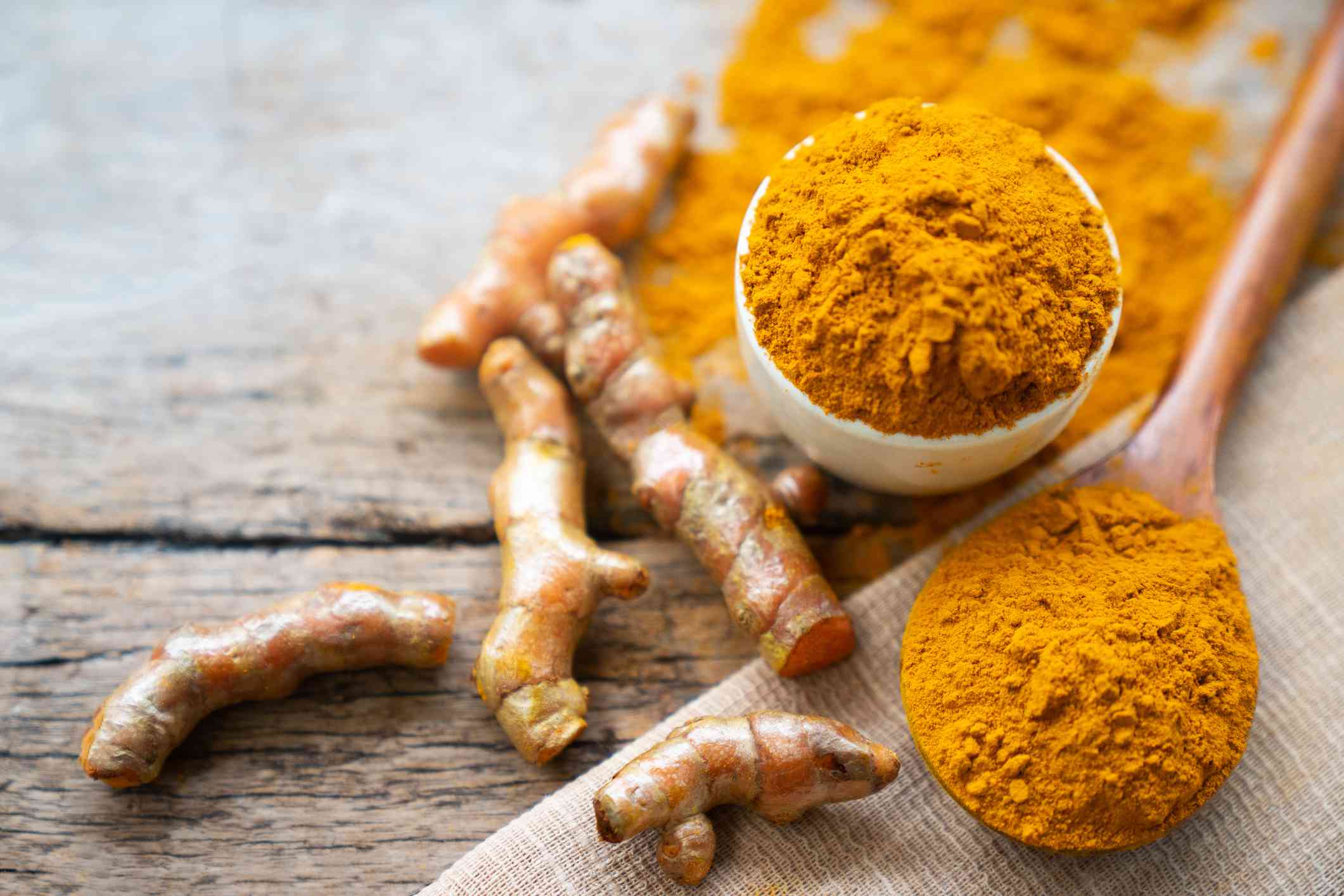
- Enhances Brain Function
Turmeric supports memory, minimizes brain fog, and may even play a role in preventing Alzheimer’s disease. - Promotes Skin Health
With antibacterial properties, turmeric aids in healing wounds, reducing acne, and improving skin tone. - Aids Weight Loss
Turmeric can boost metabolism and support fat loss. - Lowers Blood Sugar
It helps regulate blood sugar levels and improves insulin sensitivity.
6 Medicinal Ways to Use Turmeric
- Turmeric Tea for Inflammation
- Ingredients: 1 teaspoon turmeric powder, 1 cup water, a pinch of black pepper, 1 teaspoon honey (optional).
- How to Prepare: Boil water, add turmeric and black pepper, simmer for 5 minutes, then add honey if desired.
- Benefits: This tea helps reduce inflammation, enhances immunity, and soothes the digestive system.
- Turmeric Milk (Golden Milk) for Sleep and Joint Pain
- Ingredients: 1 teaspoon turmeric, 1 cup warm milk, a pinch of cinnamon and black pepper.
- How to Prepare: Mix turmeric and spices into warm milk and drink before bedtime.
- Benefits: Promotes relaxation, relieves joint pain, and supports better sleep.
- Turmeric Paste for Wounds or Acne
- Ingredients: 1 teaspoon turmeric powder, water, and a few drops of coconut oil.
- How to Use: Form a paste and apply directly to wounds or acne spots.
- Benefits: Helps heal skin, reduces inflammation, and combats bacterial infections.
- Turmeric Water for Weight Loss
- Ingredients: 1 teaspoon turmeric powder, warm water, and a pinch of black pepper.
- How to Use: Drink the mixture every morning on an empty stomach.
- Benefits: Boosts metabolism, supports fat burning, and aids detoxification.
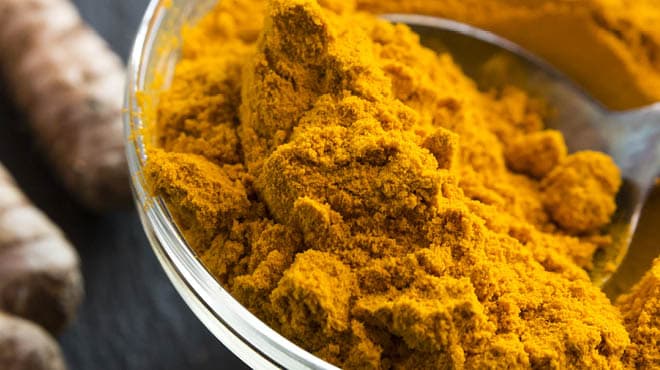
- Turmeric and Honey for a Sore Throat
- Ingredients: 1 teaspoon turmeric powder and 1 teaspoon honey.
- How to Use: Mix thoroughly and consume twice daily.
- Benefits: Soothes a sore throat, kills bacteria, and reduces inflammation.
- Turmeric Face Mask for Radiant Skin
- Ingredients: 1 teaspoon turmeric, 1 teaspoon yogurt, and 1 teaspoon honey.
- How to Use: Apply to clean skin, leave on for 10 minutes, then rinse with water.
- Benefits: Brightens the skin, diminishes dark spots, and helps prevent acne.
Possible Side Effects of Turmeric
While turmeric is generally safe, excessive consumption or improper use may lead to side effects, such as:
- Digestive Issues: Overuse can cause nausea, bloating, or diarrhea.
- Blood Thinning: Curcumin may slow blood clotting, so avoid turmeric before surgery or if you’re on blood-thinning medications.
- Low Blood Sugar: Diabetics should monitor turmeric use, as it can overly lower blood sugar levels.
- Gallbladder Problems: Those with gallstones should avoid turmeric, as it stimulates bile production.
- Allergic Reactions: In some cases, turmeric can cause rashes or itching when applied to the skin.
Conclusion
Turmeric is a natural powerhouse for managing inflammation, relieving joint pain, improving skin health, and much more. Incorporating it into teas, milk, pastes, or face masks allows you to enjoy its benefits while maintaining a healthy lifestyle. However, moderation is key, and it’s essential to consult a healthcare provider if you have existing health concerns or conditions.
As with many natural remedies, the wisdom of turmeric lies in its proper use.
